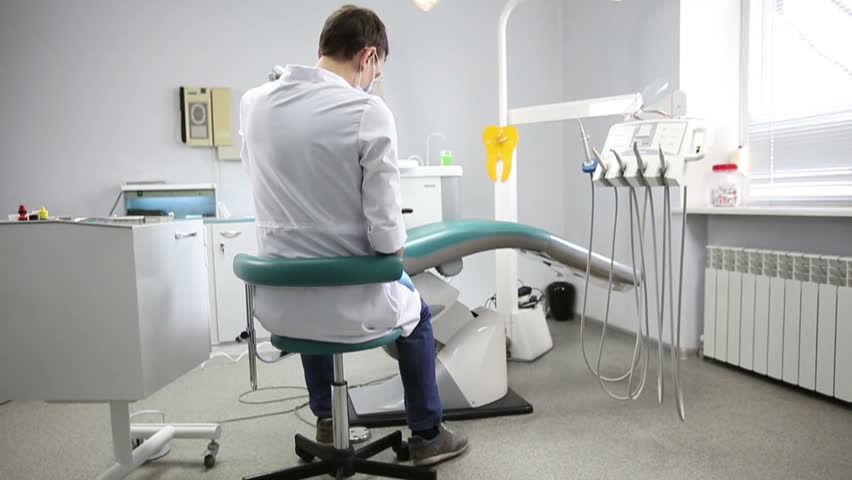Seems look expensive for what they are, but they’re good rubber
Water chamber seal is not adequate, and there are no fittings as in the pick for the actual mist tubbing.
It working well at this point.
Fantastic locker.. the only thing I wished is that it had a nameplate on each locker. Other than that, it is a fantastic item. Can’t say enough about it.
What a beautiful cabinet! Father’s Day gift and it did not disappoint!
Plus great customer service
Thank you



 Other options for improving air quality in dental offices include installing powered HEPA filters to existing HVAC systems. But these improvements are expensive and can cost up to $8,000 per unit.
Other options for improving air quality in dental offices include installing powered HEPA filters to existing HVAC systems. But these improvements are expensive and can cost up to $8,000 per unit.


